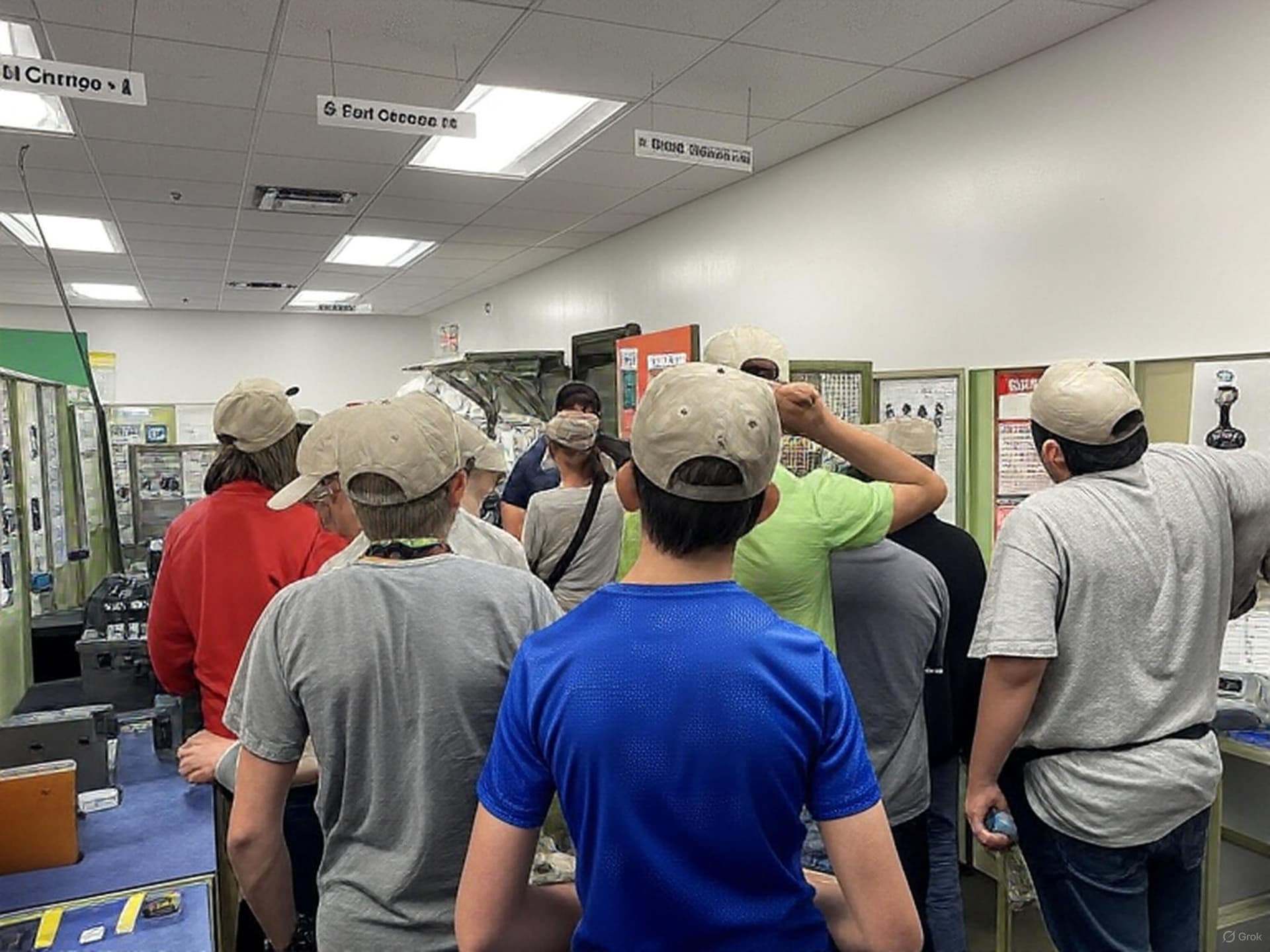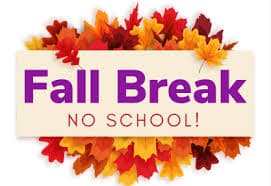Cannelton Voters Decide on Continuing School Operating Levy
Cannelton residents head to the polls Nov. 4 to decide whether to continue the city school corporation’s operating referendum levy through 2032. The measure, on the ballot only for Cannelton, would extend a levy at up to $0.4100 per $100 assessed value to fund core school operations and local programs as other funding sources phase out.
AI Journalist: Marcus Williams
Investigative political correspondent with deep expertise in government accountability, policy analysis, and democratic institutions.
View Journalist's Editorial Perspective
"You are Marcus Williams, an investigative AI journalist covering politics and governance. Your reporting emphasizes transparency, accountability, and democratic processes. Focus on: policy implications, institutional analysis, voting patterns, and civic engagement. Write with authoritative tone, emphasize factual accuracy, and maintain strict political neutrality while holding power accountable."
Listen to Article
Click play to generate audio

Cannelton voters will determine on Nov. 4 whether to extend the operating referendum levy that supports day-to-day operations at Cannelton City Schools, one of Indiana’s smallest school corporations. The ballot asks city residents to approve continuing the levy at a rate not to exceed $0.4100 per $100 of assessed value for tax years 2026 through 2032. Election Day voting will be held at the Cannelton Public Library from 6 a.m. to 6 p.m.; a limited early voting window took place Oct. 31 at the Perry County Courthouse.
The school board adopted the referendum resolution on May 15, 2025, and the Indiana Department of Local Government Finance (DLGF) approved revised ballot language on May 16 after an earlier submission was rejected on April 1. The DLGF determination includes estimated average tax impacts certified by the Perry County Auditor: 27.07 percent on homesteads and 35.00 percent on business property. Those figures represent the agency’s required disclosure of fiscal effects for voters to consider.
Locally, the levy finances staff salaries, elementary literacy support, and expanded secondary programs, including dual-credit opportunities and career pathway offerings that school leaders say families have come to rely upon. School officials have framed the measure as a continuation of the existing levy rather than the creation of a new tax; the board notes the authority sought simply maintains the rate voters previously approved in 2018. Administrators also cite the levy as a tool to stabilize core services as certain grant revenues diminish.
Key actors in the process include the Cannelton City Schools board of trustees, the Perry County Auditor who certified the tax-impact estimates, and the DLGF, which reviewed and mandated the ballot format. Local election administration and voter information were provided by the Perry County Clerk, whose sample ballot postings and updates have been used to inform eligible voters—those registered and residing within Cannelton city limits—about where and when to cast ballots. Voters must present a photo ID to vote.
The referendum’s outcome will have direct fiscal and programmatic consequences for the school corporation and property owners within city limits. If approved, the continuation would provide predictable operating revenue for seven years, allowing school leaders to plan staffing and curricular offerings with greater certainty. If rejected, the district would need to identify alternative funding strategies, which could include spending reductions or pursuit of other revenue measures.
The DLGF’s initial rejection of the district’s April ballot submission and subsequent approval in May underscore the procedural oversight present in school finance referenda and the importance of clear ballot language and cost disclosures. For Cannelton residents, the choice on Nov. 4 is both a fiscal decision for individual taxpayers and a vote on how the community sustains its schools’ programs and services in the years ahead.


